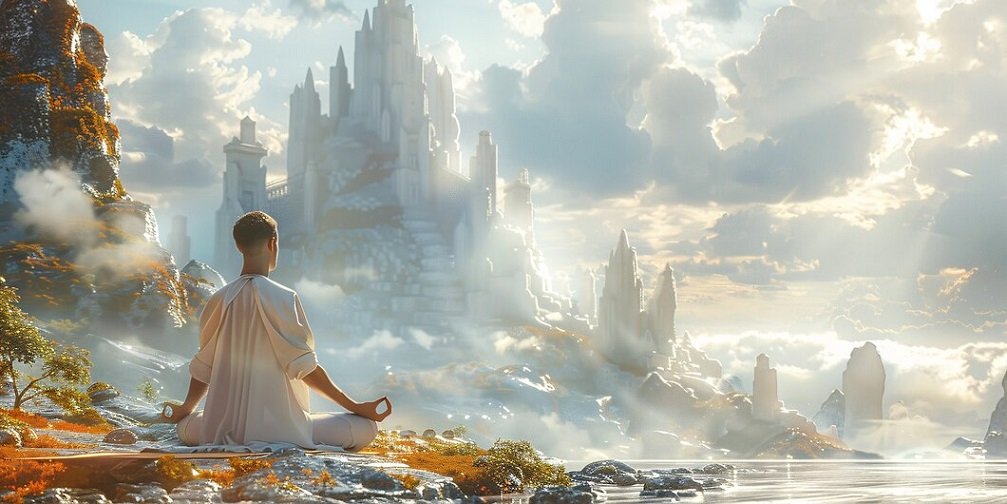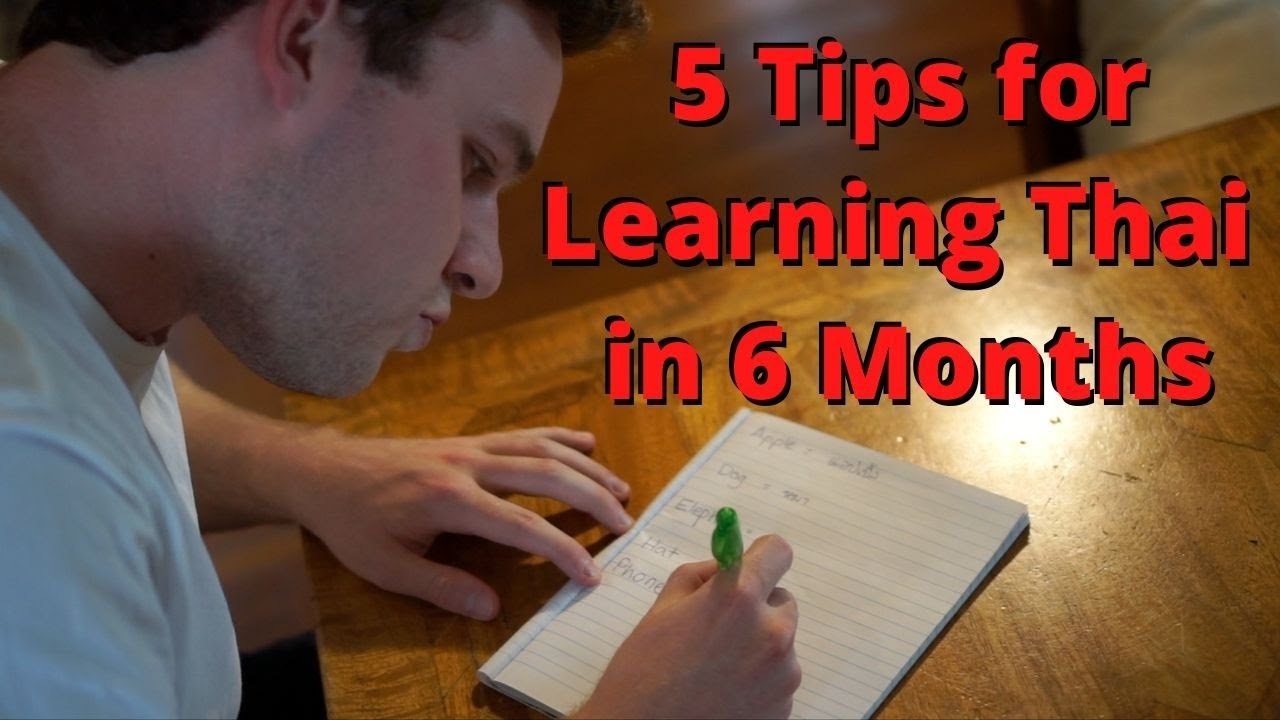
Imagine an international wherein dragons bounce through the sky, wizards forge spells with a flick in their wands, and daring heroes traverse mystical lands. Welcome to the paranormal international of great fiction—a style that captivates readers and transports them to nation-states beyond truth. This blog submission will guide you via the captivating universe of awesome fiction, presenting insights into its origins, key traits, exceptional works, and its impact on popular subculture. Join us in this literary journey, and discover the infinite opportunities to look forward to.
What is Fantastic Fiction? Defining the Genre
Fantastic Fiction Definition
Fantastic fiction, additionally known as speculative fiction, is a huge literary genre encompassing memories packed with inventive and otherworldly factors. Unlike conventional fiction rooted inside the real global, outstanding fiction explores nation-states of magic, supernatural phenomena, and alternate realities. It stretches the boundaries of creativity, permitting readers to break out of the mundane and challenge into the brilliant.
Speculative Fiction
Speculative fiction is an umbrella period that includes diverse subgenres of tremendous fiction, fantasy, science fiction, and horror. While each subgenre has its unique traits, they all form a commonplace thread of exploring reality’s unknown and difficult norms. Speculative fiction invites readers to ponder “what if” eventualities and immerse themselves in worlds wherein whatever is possible.
Imaginative Literature
At its core, exquisite fiction is a celebration of creativity and imagination. It encourages authors to craft elaborate worlds, expand complex magical structures, and populate their stories with fantastical creatures. Through imaginative literature, writers can ship readers to geographical regions where the impossible will become doable and the ordinary will transform into the tremendous.
The Origins and Evolution of Fantastic Fiction
History of Fantastic Fiction
High-quality fiction’s roots may be traced back to historic myths and legends. These early testimonies passed down through generations, laid the foundation for the genre’s evolution. From the epic testimonies of gods and heroes in Greek mythology to the spell-binding folklore of various cultures, superb fiction has continually been intertwined with human storytelling.
Early Fantasy Literature
The 19th century they have marked the emergence of present-day myth literature, with authors like Mary Shelley and Edgar Allan Poe paving the way. Shelley’s “Frankenstein” introduced readers to the concept of artificial existence and medical experimentation gone awry. Poe’s gothic stories, filled with macabre and supernatural factors, set the stage for the darker factors of the style.
Gothic Fiction
Gothic fiction, characterized by its eerie settings and mysterious ecosystem, played an extensive function in the development of excellent fiction. Works like Bram Stoker’s “Dracula” and Mary Shelley’s “Frankenstein” blended horror and myth, captivating readers with their chilling narratives and exploring the boundaries between reality and the supernatural.
Fairy Tales
Fairy stories have also contributed to the genre’s evolution with their whimsical characters and magical adventures. Stories like “Cinderella,” “Snow White,” and “Sleeping Beauty” have enchanted generations of readers, instilling a feeling of marvel and opportunity. These undying tales continue to inspire contemporary top-notch fiction writers.
Myth and Legend in Literature
Myths and legends from various cultures have served as a wellspring of ideas for brilliant fiction. Whether drawing from Norse mythology, Arthurian legends, or ancient Egyptian tales, authors have woven these wealthy narratives into their fantastical worlds. By blending delusion and legend with their imaginative twists, writers create memories that resonate with readers on a deeply primal level.
Key Elements and Characteristics of Fantastic Fiction
World-Building in Fantasy
One of the defining features of exquisite fiction is its difficult world-building. Authors meticulously craft distinctive settings, entire with their very own histories, cultures, and geographies. From sprawling kingdoms to hidden realms, those fantastical worlds emerge as characters in their own right, immersing readers in a vibrant tapestry of creativeness.
Supernatural Elements
Supernatural factors are a trademark of superb fiction. Whether it’s ghosts, witches, or mystical beings, those elements add an air of mystery and intrigue to the narrative. They project the boundaries of truth and invite readers to suspend their disbelief, creating a sense of marvel and awe.
Magical Systems
Magic is often at the coronary heart of awesome fiction. Authors broaden complex magical structures, whole with rules, barriers, and outcomes. Whether drawing from ancient spells, enchanted artefacts, or innate abilities, those magical structures offer a framework for the story’s fantastical elements, including the intensity and complexity of the narrative.
Fantastical Creatures
From dragons and unicorns to elves and fairies, fantastical creatures populate the pages of exceptional fiction. These beings, each fearsome and enthralling, upload a sense of marvel and excitement to the story. Authors breathe life into those creatures, imbuing them with unique trends and personalities that captivate readers.
Alternate Realities
Fantastic fiction regularly explores exchange realities and parallel universes. These settings permit authors to experiment with unique rules of life and mission readers’ perceptions of reality. Those changing realities provide a canvas for boundless creativity, whether it is a hidden magical realm or a dystopian future.
Subgenres of Fantastic Fiction: A Diverse Literary Landscape
High Fantasy
High myth, also known as epic fantasy, is characterized by its grand scale and quests. Set in completely fictional worlds, excessive myth often capabilities heroic protagonists, historical prophecies, and battles between proper and evil. J.R.R. Tolkien’s “The Lord of the Rings” is an integral example of an excessive fable.
Urban Fantasy
Urban delusion blends fantastical elements with modern city settings. These memories are regularly characteristic of supernatural beings coexisting with regular people in contemporary towns. Authors like Neil Gaiman and Jim Butcher have popularized this subgenre, creating immersive stories wherein magic lurks beneath the surface of ordinary lifestyles.
Paranormal Romance
Paranormal romance combines elements of romance and delusion, regularly presenting relationships between humans and supernatural beings. Vampires, werewolves, and other mystical creatures take a middle level in those stories of affection and ardour. Series like Stephenie Meyer’s “Twilight” have delivered paranormal romance into the mainstream.
Sword and Sorcery
Sword and sorcery is a subgenre recognized for its motion-packed adventures and heroic protagonists. These stories frequently feature warriors, wizards, and mythical creatures carrying out epic battles and quests for strength. Robert E. Howard’s “Conan the Barbarian” collection is a conventional instance of sword and sorcery.
Dark Fantasy
Dark myth blends horror and myth elements, creating a foreboding and uneasy experience. These stories often discover darker subject matters and function as morally ambiguous characters. Authors like Clive Barker and Anne Rice have mastered darkish fantasy artwork, crafting testimonies that can be both chilling and charming.
Contemporary Fantasy
Contemporary myth is set in the actual international but contains magical elements. These stories often function as everyday characters discovering hidden magical realms or abilities. Authors like J.K. Rowling and Rick Riordan have popularized this subgenre, growing loved series that resonate with readers of every age Fantastic Fiction.
Notable Authors and Works in Fantastic Fiction
J.R.R. Tolkien
J.R.R. Tolkien is widely appeared as the daddy of cutting-edge fable literature. His epic works, “The Hobbit” and “The Lord of the Rings,” are cornerstones of the genre. Tolkien’s meticulous international construction, rich mythology, and unforgettable characters encourage readers and writers alike.
George R.R. Martin
George R.R. Martin’s “A Song of Ice and Fire” series, adapted into the hit TV display “Game of Thrones,” has captivated audiences internationally. Known for his complex plots, complex characters, and surprising twists, Martin has redefined the myth style, developing an epic and deeply human narrative.
Ursula K. Le Guin
Ursula K. Le Guin is well known for her thought-provoking and socially conscious works of myth and science fiction. Her “Earthsea” collection, with its compelling characters and profound subject matters, has left an indelible mark on the style. Le Guin’s writing challenges readers to discover complex ethical and philosophical questions.
Neil Gaiman
Neil Gaiman’s specific mixture of myth, mythology, and folklore has earned him a dedicated following. Works like “American Gods” and “Coraline” show off his capability to weave complex narratives that blur the traces between truth and imagination. Gaiman’s storytelling prowess has earned him a place among the greats of awesome fiction.
Terry Pratchett
Terry Pratchett’s “Discworld” collection is a masterful combo of satire, humour, and myth. With over 40 books in the series, Pratchett created a richly distinctive and endlessly enjoyable world. His witty writing and sharp social statement have endeared him to readers of all ages.
Classic Fantasy Novels
Alongside those splendid authors, traditional fantasy novels continue to enchant readers. Works like C.S. Lewis’s “The Chronicles of Narnia,” J.K. Rowling’s “Harry Potter” series, and Philip Pullman’s “His Dark Materials” have turned out to be timeless classics cherished by means of generations of readers.
The Impact of Fantastic Fiction on Popular Culture
Fantasy in Movies and TV
Fantastic fiction has left an indelible mark on film and TV. From the groundbreaking “Harry Potter” movie collection to the epic “Lord of the Rings” trilogy, variations of loved fable novels have captivated audiences internationally. The recognition of fantasy-themed TV suggests like “Game of Thrones” and “The Witcher” further underscores the genre’s cultural significance Fantastic Fiction.
Fantasy Role-Playing Games
Fantasy role-playing video games (RPGs) have become a cultural phenomenon, permitting players to immerse themselves in fantastical worlds. Games like “Dungeons & Dragons,” “The Elder Scrolls,” and “World of Warcraft” offer rich narratives, difficult lore Fantastic Fiction, and infinite possibilities for adventure. These games have inspired infinite players to explore their creativity and storytelling competencies.
Cosplay and Conventions
Fantasy conventions and cosplay events have fun in the genre’s colourful community. Enthusiasts collect to showcase their intricate costumes, participate in panels, and connect with like-minded fans. Events like Comic-Con and Dragon Con have come to be meccas for myth lovers, fostering a feel of camaraderie and shared ardour.
Fantasy Art and Illustration
Fantasy art and instance bring the style’s ingenious worlds to existence. Artists like Alan Lee, John Howe, and Michael Whelan have created iconic visuals that define the culture of high-quality fiction. Their work enhances the reader’s enjoyment, visually representing the mystical realms defined within the text Fantastic Fiction.
Writing Fantastic Fiction Tips and Techniques
Creative Writing Tips
Aspiring writers of wonderful fiction can benefit from honing their innovative writing abilities. Please start by studying the style broadly to understand its conventions and versions. Experiment with one-of-a-kind writing styles and strategies to locate your particular voice. Remember, exercise is prime to turning into a professional storyteller.
Fantasy World-Building Techniques
World-building is a vital thing of excellent fiction. Begin by establishing the regulations and good judgment of your global. Consider its geography, history, cultures, and societies. Develop a detailed map and timeline to preserve track of activities and locations. Consistency is fundamental to creating a believable and immersive world of Fantastic Fiction.
Character Development in Fantasy
Compelling characters are the coronary heart of any brilliant tale. Remember their motivations, strengths, weaknesses, and backstories when creating characters for your global delusion. Develop complicated relationships and conflicts that force the narrative forward. Remember, even fantastical characters must feel relatable and human Fantastic Fiction.
Plot Structure in Fantastic Fiction
A properly established plot is important for keeping readers engaged. Outline your tale’s main occasions, the inciting incident, growing movement, climax, and determination. Use subplots and twists to add intensity and complexity. Ensure that every scene serves a reason and contributes to the overall narrative.
The Future of Fantastic Fiction Trends and Predictions
Emerging Fantasy Subgenres
The global of terrific fiction keeps evolving, with new subgenres emerging to capture readers’ imaginations—genres like steampunk, dieselpunk, and silkpunk, a mixture of factors of myth with historical and futuristic settings Fantastic Fiction. Authors are also exploring niche genres like Solarpunk, which envisions a utopian destiny powered by renewable power.
Diversity in Fantasy Literature
Diversity and inclusivity are becoming increasingly critical in fable literature. Authors strive to represent a broader range of voices, cultures, and studies. This shift is mainly to richer and more varied narratives that resonate with an international audience. Readers can look ahead to discovering stories replicating the human experience’s variety.
Digital Publishing and Fantasy
Digital publishing has revolutionized the way delusion literature is created and fed on. E-books, audiobooks, and online structures make it simpler for authors to attain a wider audience. Self-publishing has also become feasible, permitting writers to share their memories without traditional gatekeepers. The virtual landscape gives new possibilities for creativity and innovation.
Interactive Storytelling
Interactive storytelling is an exciting frontier for extraordinary fiction. Technologies like virtual truth (VR) and augmented truth (AR) provide immersive reports that blur the line between reader and participant. Interactive novels, choose-your-very-own-journey games, and virtual studies offer new ways to engage with fable narratives.
Conclusion
Fantastic fiction is a style that is aware of no bounds. From its ancient origins to its current manifestations, it keeps captivating and inspiring. Whether you’re a reader, creator, or sincerely a lover of innovative memories, the mystical global of amazing fiction offers limitless possibilities for Fantastic Fiction.
By exploring its various subgenres and getting to know its incredible authors and expertise about its effect on famous lifestyles, you can deepen your appreciation for this enthralling style. And in case you’re stimulated to create your fantastical tales, remember that the most effective limit is your creativity.








